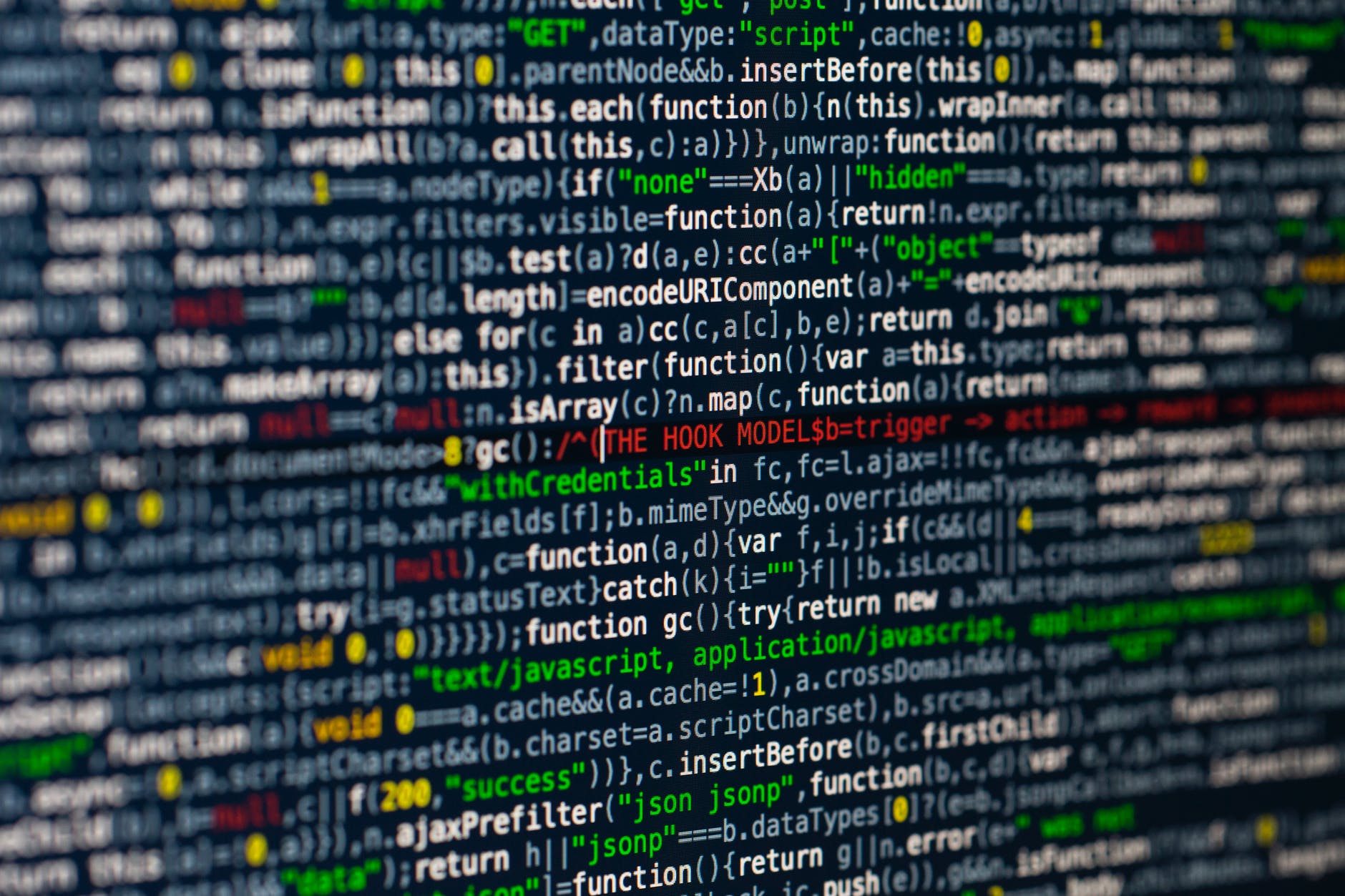Publications
APPFI MDS-2019-01
- Details
- Written by: Dianne Faye Despi
Executive Summary
The heightened importance of maritime security issues, coupled with strategic competition between the major Indo-Pacific powers China and the United States, have turned the extensive maritime domain of Southeast Asia into an arena of great uncertainty. Here, various countries’ civilian and military maritime services navigate, operate, compete, and cooperate.
Complex politico-economic dynamics between the United States, the dominant power, and China, the emerging power, greatly affect the strategic positioning of other nations in the region. However, it is not only China’s thrust to gain operational superiority in the Pacific Ocean using its wide array of maritime agencies that is complicating the security environment; conditions such as the prevalence of transborder terrorist networks, and the geographical characteristic of the Indo-Pacific as the world’s most disaster-prone region, also play a role.
How to Build a Cyber-Resilient Philippines
- Details
- Written by: Mark Bryan Manantan
Partnership building offers the most pragmatic solution to the Philippines ever-increasing demand for resiliency in the cyber domain. It embraces cross-sectoral and cross-border collaboration in breaking down barriers to devise innovative cybersecurity approaches.

Photo Source: Pexels
A Study on International Shipping in the Philippines
- Details
- Written by: Epictetus Patalinghug
A research paper written by Dr. Epictetus E. Patalinghug as a consultant for the Wallace Business Forum.
The 2019 Philippine Elections: Consolidating Power in an Eroding Democracy
- Details
- Written by: Aries A. Arugay
On May 13, 2019, more than 60 million Filipinos went to the polls for the country’s midterm elections. In this particular ballot exercise, voters elected half of the nationally-elected Senate as well as district and party-list legislative representatives, and local government officials.
President Duterte himself is not subjected to this electoral contest as he is given a single six-year term without re-election until 2022. It has been however a widely-shared shared belief that a midterm election serves as an informal referendum on the president. This becomes more salient given Duterte’s sustained popularity ratings despite his deeply polarising policies and his administration firm control over the republic’s political institutions.
It has been three years since the firebrand leader became Philippine president with the promise to embark on widespread and systemic change. Though there have been some changes put in place, there is also the perception that most things have remained the same. Judging by the conduct of the 2019 electoral campaign and its outcomes, one can surmise that Philippine politics was in “business-as-usual” mode defined by patronage, clientelism, and traditional politics.
